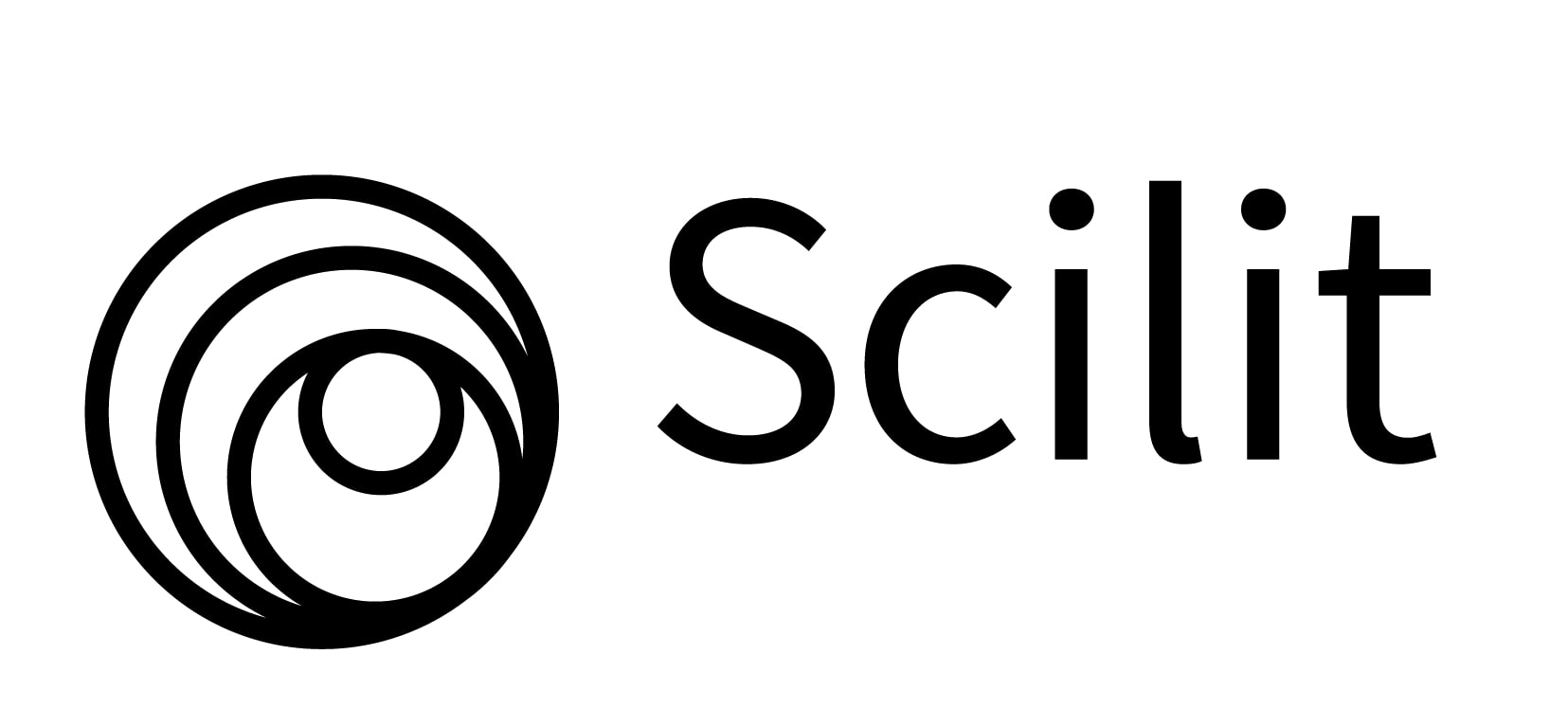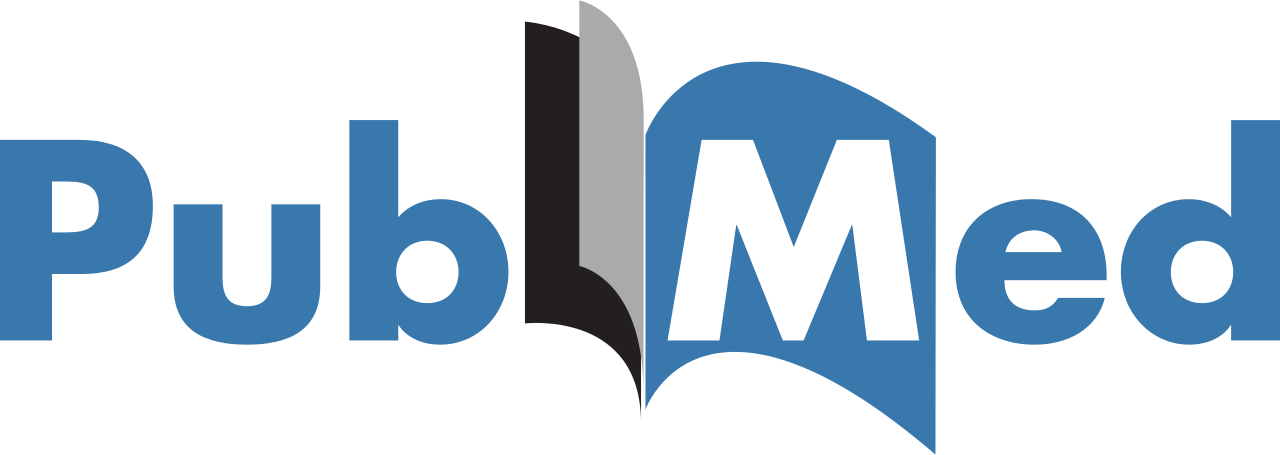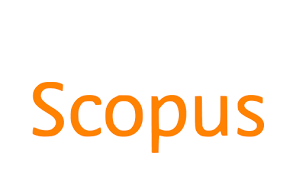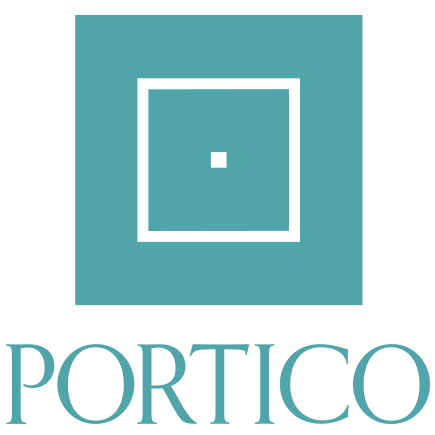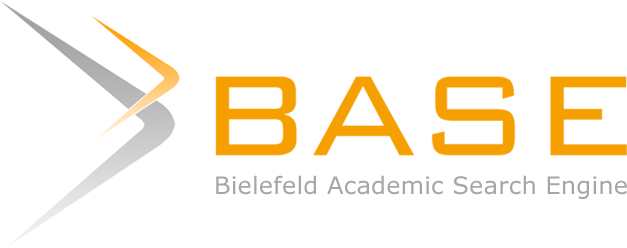Journals
- About Journal Neurology and Neurobiology (ISSN 2613-7828)
- In Press
- Editor-in-chief
- Editorial board
- Current Issue
- Submit Manuscript
- Publication Charges
- Archive
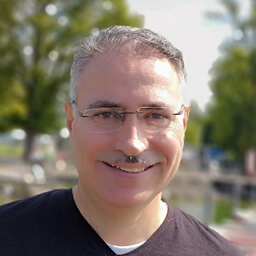
Star Rating:
★★★★★
Feedback
Galley Proof & Review: Very Satisfied
Response Time: Very Satisfied
Published Article: Very Satisfied
Message: It was great working with you.
Jawad Alzeer

Star Rating:
★★★★★
Feedback
Galley Proof & Review: Very Satisfied
Response Time: Very Satisfied
Published Article: Very Satisfied
Message: Good quality.
Marco De Monti

Star Rating:
★★★★★
Feedback
Galley Proof & Review: Very Satisfied
Response Time: Very Satisfied
Published Article: Very Satisfied
Message: Good.
Dr Krupal M Patel
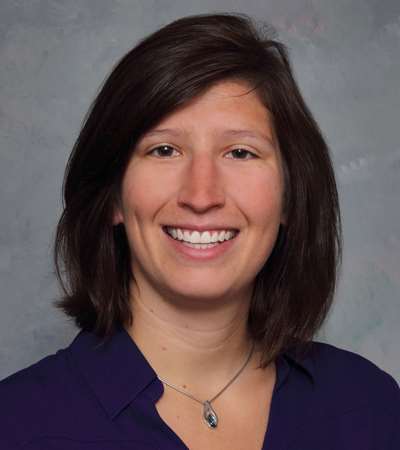
Star Rating:
★★★★★
Feedback
Galley Proof & Review: Very Satisfied
Response Time: Very Satisfied
Published Article: Very Satisfied
Kathryn Haberman

Star Rating:
★★★★★
Feedback
Publishing Experience: It's about what I was expecting.
Srinivas Janaswamy

Star Rating:
★★★★★
Feedback
Galley Proof & Review: Very Satisfied
Response Time: Very Satisfied
Published Article: Very Satisfied
Message: Thanks for the highly organised process
Jawad Alzeer

Star Rating:
★★★★☆
Feedback
Galley Proof & Review: Satisfied
Response Time: Satisfied
Published Article: Satisfied
Message: I am satisfied. Thank you for your fair evaluation of the submitted paper.
Toshiko Kato

Star Rating:
★★★★☆
Feedback
Galley Proof & Review: Satisfied
Response Time: Satisfied
Published Article: Satisfied
Message: Your services are good.
George Eleje

Star Rating:
★★★★★
Feedback
Galley Proof & Review: Very Satisfied
Response Time: Satisfied
Published Article: Satisfied
Ingiridur Skirnisdottir

Star Rating:
★★★★★
Feedback
Galley Proof & Review: Very Satisfied
Response Time: Satisfied
Published Article: Very Satisfied
Augusta Cardoso

Star Rating:
★★★★★
Feedback
Galley Proof & Review: Very Satisfied
Response Time: Very Satisfied
Published Article: Very Satisfied
DR JYOTI PUSHKAR DESHPANDE

Star Rating:
★★★★★
Feedback
Publishing Experience: It has exceeded my expectations
Message: Very efficient and fast, Thank you.
Alessandro Gennai

Star Rating:
★★★★★
Feedback
Galley Proof & Review: Very Satisfied
Response Time: Very Satisfied
Published Article: Very Satisfied
Agustin Diaz Alvarez

Star Rating:
★★★★★
Feedback
Galley Proof & Review: Satisfied
Response Time: Very Satisfied
Published Article: Very Satisfied
Bazoukis Xenophon

Star Rating:
★★★★☆
Feedback
Galley Proof & Review: Satisfied
Response Time: Satisfied
Published Article: Satisfied
Eduardo González

Star Rating:
★★★★★
Feedback
Galley Proof & Review: Very Satisfied
Response Time: Very Satisfied
Published Article: Very Satisfied
CATHERINE ROY

Star Rating:
★★★☆☆
Feedback
Galley Proof & Review: Very Satisfied
Response Time: Very Satisfied
Published Article: Very Satisfied
Burhan Abdollahi

Star Rating:
★★★★☆
Feedback
Galley Proof & Review: Very Satisfied
Response Time: Very Satisfied
Published Article: Very Satisfied
Antoine El Khoury

Star Rating:
★★★★★
Feedback
Galley Proof & Review: Satisfied
Response Time: Satisfied
Published Article: Very Satisfied
Dhara Dave

Star Rating:
★★★★★
Feedback
Publishing Experience: It's about what I was expecting
Anonymous

Star Rating:
★★★★☆
Anonymous

Star Rating:
★★★★☆
Anonymous

Star Rating:
★★★★☆
Feedback
Publishing Experience: It's about what I was expecting
Igor Ivanovich Larkin

Star Rating:
★★★★☆
Feedback
Publishing Experience: It's about what I was expecting
Ikechukwu Ulasi

Star Rating:
★★★★★
Feedback
Galley Proof & Review: Satisfied
Response Time: Satisfied
Published Article: Satisfied
John C. Chang

Star Rating:
★★★★★
Feedback
Galley Proof & Review: Very Satisfied
Response Time: Very Satisfied
Published Article: Very Satisfied
Ingiridur Skirnisdottir

Star Rating:
★★★★★
Feedback
Galley Proof & Review: Very Satisfied
Response Time: Satisfied
Published Article: Satisfied
Louai Alsaloumi

Star Rating:
★★★★★
Feedback
Galley Proof & Review: Very Satisfied
Response Time: Very Satisfied
Published Article: Very Satisfied
Message: Great working with you!
Nicole Greeff

Star Rating:
★★★★☆
Feedback
Galley Proof & Review: Satisfied
Response Time: Satisfied
Published Article: Satisfied
Lawrence Siu-Yung Chan

Star Rating:
★★★★★
Feedback
Galley Proof & Review: Satisfied
Response Time: Satisfied
Published Article: Satisfied
Samba Niang

Star Rating:
★★★★★
Feedback
Galley Proof & Review: Very Satisfied
Response Time: Very Satisfied
Published Article: Very Satisfied
Message: Good publication journal
Shridhar Ghagane

Star Rating:
★★★★★
Feedback
Galley Proof & Review: Very Satisfied
Response Time: Very Satisfied
Published Article: Very Satisfied
Katia Avina Padilla

Star Rating:
★★★★★
Feedback
Galley Proof & Review: Very Satisfied
Response Time: Very Satisfied
Published Article: Very Satisfied
Rosita Bihariesingh

Star Rating:
★★★★☆
Feedback
Galley Proof & Review: Satisfied
Response Time: Satisfied
Published Article: Satisfied
Sifaki Freideriki

Star Rating:
★★★★★
Feedback
Galley Proof & Review: Very Satisfied
Response Time: Very Satisfied
Published Article: Very Satisfied
Chandra Shekhar Joshi

Star Rating:
★★★★★
Feedback
Galley Proof & Review: Very Satisfied
Response Time: Very Satisfied
Published Article: Very Satisfied
Narayana Nagesh

Star Rating:
★★★★★
Feedback
Galley Proof & Review: Very Satisfied
Response Time: Very Satisfied
Published Article: Very Satisfied
Vera Beatris Martins

Star Rating:
★★★★★
Feedback
Galley Proof & Review: Very Satisfied
Response Time: Very Satisfied
Published Article: Very Satisfied
Mahmoud M. Sebaiy

Star Rating:
★★★★☆
Feedback
Galley Proof & Review: Satisfied
Response Time: Satisfied
Published Article: Satisfied
Richa Chauhan

Star Rating:
★★★★★
Feedback
Galley Proof & Review: Very Satisfied
Response Time: Very Satisfied
Published Article: Very Satisfied
Juan Carlos Ibañez
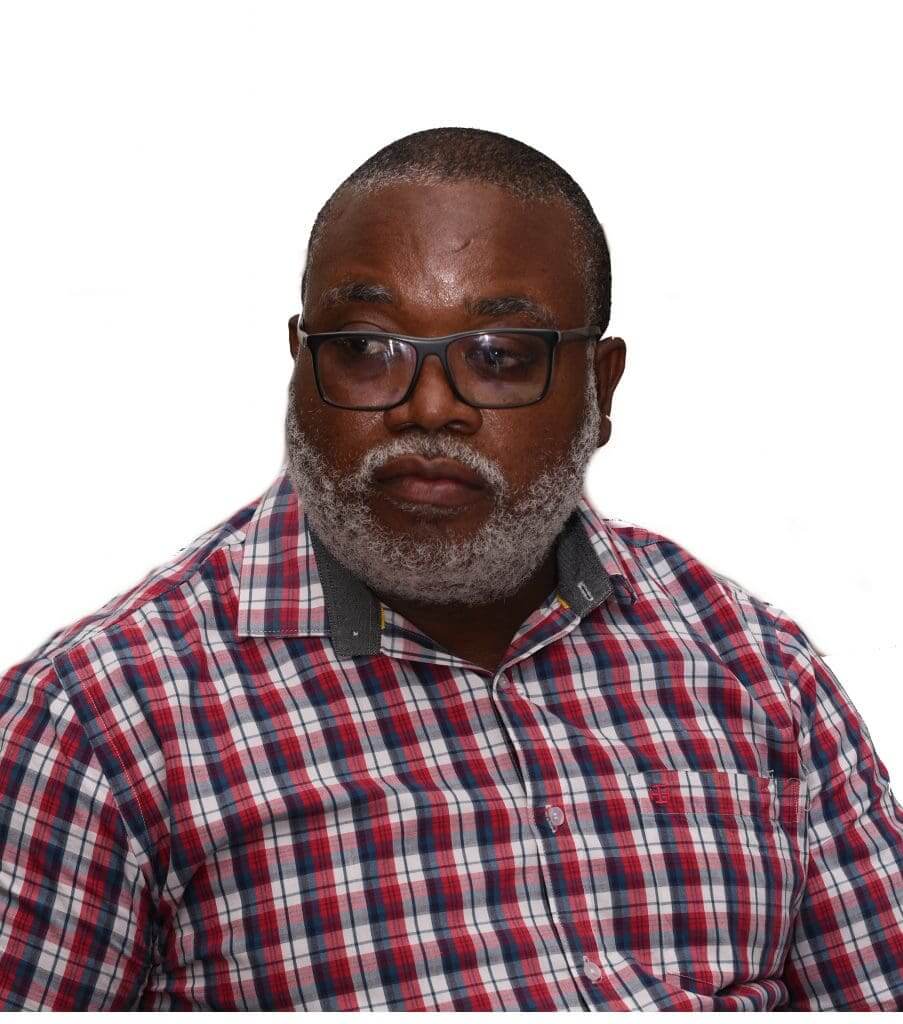
Star Rating:
★★★★☆
Feedback
Publishing Experience: It's about what I was expecting
Seke Manase Ephraim Kazuma
Journal Neurology and Neurobiology (Neurol Neurobiol) (ISSN 2613-7828)
APC Waiver
We are pleased to inform you that the journal will waive the Article Publishing Charge untill 22nd November, 2024.
This will be applicable for any submissions received before 22nd November, 2024, which are accepted for publication after peer review.
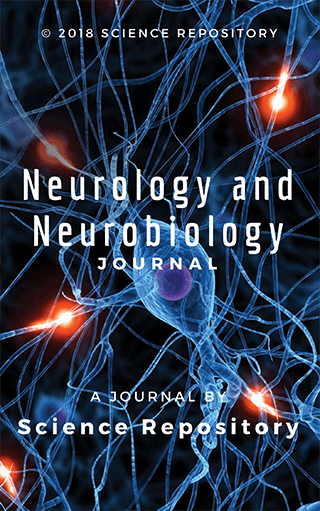
Aims and Scope
Neurology and Neurobiology (NNB) journal prioritize the study of the central nervous system and its function, connected to translational science, neurology, neurobiology, psychology, neuroanatomy, electrophysiology, cognitive sciences and its relation to brain sciences. It is a scientific journal that deals with the diagnosis and treatment of all categories of diseases involving the central, peripheral and autonomous nervous system. It is a scholarly publishing journal, where the editorial office follows a rapid peer review process for acquired articles to avail quality protocol on publishing the submitted manuscripts.
Neurology and Neurobiology journal aims to promote research communications and provide a forum for doctors, researchers, physicians, and healthcare professionals to find the most recent advances in all areas of Neurology & Neurological Sciences. Neurology & Neurobiology strongly supports the scientific up gradation and fortification in the related scientific research community by enhancing access to peer-reviewed scientific literary works.
Neurology and Neurobiology journal accepts original research articles, reviews, mini-reviews, case reports and rapid communication covering all aspects of neurology & Neurobiology.
NNB is a scholarly Open Access journal that aims to publish most complete and reliable source of information on the discoveries and current novel developments in the mode of original articles, review articles, case reports, short communications, etc. while making them freely available through online without any restrictions or any other subscriptions to researchers worldwide.
All the work at Science Repository is licensed under a Creative Commons Attribution 4.0 International License. Authors at Science Repository retain copyright to their work and allow others to copy, distribute, transmit, and adapt their work, provided proper attribution is given. Electronic edition: online edition: ISSN 2613-7828
For submission authors can directly submit manuscript to submitmanuscripts@sciencerepository.org or submitmanuscripts@sciencerepository.net
Manuscripts number will be provided to the corresponding author within 72 hours for the respective manuscript submitted.
- 14 day review process with international peer-review standards
- Timeline of processing from Submission to Publication is 30 days
- Manuscript will be published within 7 days of acceptance
This license lets others distribute, remix, tweak, and build upon your work, even commercially, as long as they credit you for the original creation. View License Deed | View Legal Code


In Press Volume 6, Issue 1
We are currently preparing the issue. Will be updated soon.
Editor-in-chief
FABIANA NOVELLINO
Institute of Bioimaging and Molecular Physiology
National Research Council
Italy
Biography
The combination of clinical experience and imaging research is the foundation of Dr. Fabiana Novellinos research activity, with the aim to translate experimental science into clinical practice. Her current activity is focused on the study of the brain abnormalities that are responsible for the clinical manifestations in Neurodegenerative Diseases, in particular Movement Disorders (Parkinson's Disease, Essential Tremor) and Dementias (Alzheimer Disease). She graduated in in Medicine and Surgery in 2004 and completed her residency in Neurology in 2010. Currently (2011 - to date), she holds a position as a Research Fellow at Institute of Molecular Bioimaging and Physiology, National Research Council (IBFM-CNR), Catanzaro, working on structural and functional neuroimaging applied to the study of Neurodegenerative Diseases. Recently (2015-2016), she was Visiting Research Fellow at Centre for Biomedical Technology (CTB), Cognitive and Computational Neuroscience Laboratory, Polytechnic University of Madrid. Since 2012 she is lecturer of Medical Statistics and Neurology at the Magna Graecia? University of Catanzaro. Dr. Fabiana Novellinos research activity consists of 48 publications in international peer-reviewed journals (H-index: 20) and over 100 scientific contribution at national and international congresses and meeting. Since 2007 she is member of Professional Societies (Italian Society of Neurology [SIN]; Italian Association Parkinson's Disease and Movement Disorders [DISMOV-SIN]; Italian League for the fight against Parkinson's disease, Extrapyramidal syndromes and Dementias [LIMPE]) and she received several awards (Travel Award, Prize "Youth Project" Italian Society of Neurology 2007; Travel Award, Prize "Youth Project" Italian Society of Neurology 2008; Award for the best poster of the Movement Disorders first session 2009; Scholarship Award Fonadazione Neureca Onlus for the best scientific publication of 2010; Travel Award, Prize "Youth Project" Italian Society of Neurology 2013; Travel Award, Prize "Youth Project" Italian Society of Neurology 2014). Dr. Fabiana Novellino is reviewer for peer-reviewed journals (Neurological Sciences, Parkinsonism and Related Disorders) and member of editorial board of pharmacology online journal. Since 2008, she participated to research projects funding from various competitive sources (Ministry of Education, University and Research [MIUR] and National Operational Program "Research and Competitiveness" [PON-Ricerca e Sviluppo]).
Editorial board
- FABIANA NOVELLINO
- MARIA SALSONE
- FILLI LINARD
- KULDIP S SIDHU
- DAN FRENKEL
- ILOH GUP
- Elisa Ciceri
- AGNES LUO
- TANG WAI KWONG
- MARIA ANTONIETTA PANARO
- POOJA S NAIK
- YASIR RAZA
- Sameehan Uday Mahajani
FABIANA NOVELLINO
Institute of Bioimaging and Molecular Physiology
National Research Council
Italy
Biography
The combination of clinical experience and imaging research is the foundation of Dr. Fabiana Novellinos research activity, with the aim to translate experimental science into clinical practice. Her current activity is focused on the study of the brain abnormalities that are responsible for the clinical manifestations in Neurodegenerative Diseases, in particular Movement Disorders (Parkinson's Disease, Essential Tremor) and Dementias (Alzheimer Disease). She graduated in in Medicine and Surgery in 2004 and completed her residency in Neurology in 2010. Currently (2011 - to date), she holds a position as a Research Fellow at Institute of Molecular Bioimaging and Physiology, National Research Council (IBFM-CNR), Catanzaro, working on structural and functional neuroimaging applied to the study of Neurodegenerative Diseases. Recently (2015-2016), she was Visiting Research Fellow at Centre for Biomedical Technology (CTB), Cognitive and Computational Neuroscience Laboratory, Polytechnic University of Madrid. Since 2012 she is lecturer of Medical Statistics and Neurology at the Magna Graecia? University of Catanzaro. Dr. Fabiana Novellinos research activity consists of 48 publications in international peer-reviewed journals (H-index: 20) and over 100 scientific contribution at national and international congresses and meeting. Since 2007 she is member of Professional Societies (Italian Society of Neurology [SIN]; Italian Association Parkinson's Disease and Movement Disorders [DISMOV-SIN]; Italian League for the fight against Parkinson's disease, Extrapyramidal syndromes and Dementias [LIMPE]) and she received several awards (Travel Award, Prize "Youth Project" Italian Society of Neurology 2007; Travel Award, Prize "Youth Project" Italian Society of Neurology 2008; Award for the best poster of the Movement Disorders first session 2009; Scholarship Award Fonadazione Neureca Onlus for the best scientific publication of 2010; Travel Award, Prize "Youth Project" Italian Society of Neurology 2013; Travel Award, Prize "Youth Project" Italian Society of Neurology 2014). Dr. Fabiana Novellino is reviewer for peer-reviewed journals (Neurological Sciences, Parkinsonism and Related Disorders) and member of editorial board of pharmacology online journal. Since 2008, she participated to research projects funding from various competitive sources (Ministry of Education, University and Research [MIUR] and National Operational Program "Research and Competitiveness" [PON-Ricerca e Sviluppo])
MARIA SALSONE
Institute of Bioimaging and Molecular Physiology
National Research Council
Italy
Biography
Maria Salsone, MD, graduated in Chemistry and Pharmaceutical Technology in 2000, Medicine and Surgery in 2006 and completed her residency in Neurology in 2012. She is research fellow at the Institute of Molecular Bioimaging and Physiology, National Research Council, Catanzaro, Italy, working on RBD as a prodromal marker of Parkinson's disease and atypical parkinsonism’s.
FILLI LINARD
Department of Neurology
University Hospital Zurich
Switzerland
Biography
Linard Filli did his PhD in the group of Martin E. Schwab at the Brain Research Institute of the University and ETH Zurich. During his PhD, he investigated the structural and functional plasticity of the CNS after incomplete spinal cord injury and its consequences on motor recovery. In the Schwab Lab, Linard Filli also got insights into experimental research in the field of stroke and multiple sclerosis. In 2012 Linard Filli decided to follow the path of translation from experimental to clinical research and changed to the Department of Neurology at the University Hospital Zurich. Here, he is team leader of the "Gait Research Lab", where multiple studies are conducted on the characterization of motor deficits, motor adaptation and functional recovery in patients with multiple sclerosis, Parkinson's disease, stroke and spinal cord injury.
KULDIP S SIDHU
University of New South Wales
Australia
Biography
Kuldip Sidhu, PhD, BSC (Medical) is a stem cell expert at the Faculty of Medicine, University of New South Wales, Australia. His post doc training is from St Louis MO USA (1979-80) in assisted reproductive technology and he also worked with Prof James Thompson, Wisconsin USA (2000) who produced the first human embryonic stem cells in 1998. His research focus is on neural stem cells derived from both the embryonic and non-embryonic sources for developing future cell therapies for various neurodegenerative diseases, like Alzheimer’s, Parkinson’s and other neuronal diseases. He has established a state-of-the-art facility to study the cell and developmental biology of stem cells. The Stem Cell Lab (SCL) has expertise to culture, propagate, differentiate, engineer and transplant in animal models the neural stem cells. In addition, he has expertise in the derivation of new human embryonic stem cell lines including their clonal propagation. His lab was first to produce two hESC lines, Endeavour (E) 1&2 from Australia and E2 is listed on NIH registry USA for distribution. SCL has embarked on iPS Technology and produced over 100 iPSC clones from Alzheimer patients for studying the disease processes and drug discovery using genetic engineering and microarray technology. Prof Sidhu has produced two books the latest one (2012) on stem cells, thirteen book chapters, nine review chapters, two international patents, four proprietary items and one hundred and seventy original research papers including abstracts in journal of repute including one in Nature Biotechnology (2011) and all dealing with mammalian cell and developmental biology including stem cells. He shared this paper in Nature Biotechnology with Noble Laureate (2012), Prof Yamanaka. He has served on the International Society of Stem Cell Research Sub Committee and the NHMRC (NIH equivalent in Australia) Cell Therapy Advisory Committee; he is a member of the editorial board of International Stem Cell Journals, the open stem cell journal and recent patent on regenerative medicine, International journal of neuropsychiatric diseases & many others. He is on the expert panel on iPSC research for the European Union. He is president of the local chapter and ex-president of the board of Society for Brain Mapping and Therapeutics, USA. He was the chair of the program committee of the 4th annual meeting of the Australasian society of stem cell research held in Sydney 2011 and 11th President, SBMT to co-chair its annual meeting in Sydney March 2014. He has eight national and five international research collaborations and including three with industry. He has widely travelled around the world and presented invited lectures, chaired sessions in scientific meetings, conferences. He has 18 years of teaching experience in this field including conducting international hands on training program for hESC. He is recognised by many awards e.g. Medalist for outstanding research from Indian National Science Academy 1981, Best book prize, 1996, Medal for best presentation in an international conference on frontiers of reproductive biology, 1989, Best invention prize, Australia, 2007, Finalist of Eureka prize 2009, Advanced Innovation Award (Finalist), UNSW 2012, & Pioneer in Medicine by SBMT US 2014. He has produced 9 PhD, 2 MSC, 4 HONS students and trained many post docs and some of them are also recognized.
DAN FRENKEL
Faculty of Life Sciences
Department of Neurobiology
Sagol School of Neuroscience
Israel
Biography
He is currently working as a Professor in the Sagol School of Neuroscience, Tel Aviv University, Israel. He is serving as an editorial member and reviewer of several international reputed journals. He is the member of many international affiliations. He has successfully completed his Administrative responsibilities. He has authored of many research articles/books related to Science and Technology.
ILOH GUP
Federal Medical Centre
Nigeria
Biography
Dr Iloh GUP is a consultant Special Grade and Postgraduate Medical Fellow in Family Physician with Federal Medical Centre, Umuahia, Nigeria and Adjunct senior lecturer also in the Department of Public Health and Postgraduate School, Federal University of Technology, Owerri, Nigeria. He holds Bachelor of Medicine, Bachelor of Surgery (MBBS) degree from prestigious University in Nigeria. He has Master of Public Health (MPH), Master of Public Administration (MPA) in Hospital Administration, MSc-PH and Doctor of Philosophy (PhD) in Public Health (Epidemiology and Diseases Control) from Nigerian Universities. Dr Iloh is a Fellow of Faculties of Family Medicine of the National Postgraduate Medical College of Nigeria (FMCFM) and West African College of Physicians (FWACP), He is the pioneer Head of Department of Family Medicine, Federal Medical Centre, Umuahia and currently the Director of Postgraduate Studies, Federal Medical Centre, Umuahia, Nigeria.. Dr Iloh is a facilitator of the Diploma in Family Medicine of the Faculty of Family Medicine of the National Postgraduate Medical College of Nigeria. He is an examiner in PART I(membership) and PART II (Fellowship) Examinations of the National Postgraduate Medical College of Nigeria and West African College of Physicians as well as an examiner in the Diploma in Family Medicine program of the National Postgraduate Medical College of Nigeria. He has undergone several national and international courses, conferences, workshops and seminars in the areas of Family Medicine, Primary Care, Cardiovascular health, Public Health and Hospital Management. He offers consultancy services to governmental and non-governmental hospitals and other organizations on various aspects of Family Medicine, Primary Care, Hospital Management and Public Health. He teaches postgraduate (Residents) in Family Medicine, undergraduate and postgraduate students of Public Health. Dr Iloh GUP is well literalized. He has supervised several Academic and Fellowship Dissertations and case books of the National Postgraduate Medical College of Nigeria and West African College of Physicians; undergraduate and postgraduate theses of the Department of Public Health Technology, Federal University of Technology, Owerri, Nigeria. He has published extensively in national and international journals with high impact factors having at present sixty-five highly citable original articles in areas of research like cardiovascular health, obesity, diabetes mellitus, dyslipidaemia, geriatric medicine, family medicine, under-five health, malacology, emergency medicine, epidemiology and disease control, primary care, health insurance, etc. His scholarly and professional activities are noteworthy. He has reviewed and contributed to several national and internationals books. He is a member of review board and reviewer of manuscripts for publication from reputable national and international journals such as Nigerian Journal of Clinical Practice, Nigerian Journal of General Practice, Nigerian Journal of Medicine, Clinical Obesity, Dove press, Elselvier Press, SciTechnol, Sciencedomains, OMICS, etc. In view of his sterling professional attainments, he has been honored with several Awards in Nigeria and has held various outstanding Union, Administrative and academic positions. He belongs to several professional associations and academia within and outside Nigeria.
Elisa Ciceri
Head of Imaging Radiology and Interventional Neuroradiology
IRCCS Research Hospital "C. Besta"
Neurological Institute of Milan
Milan, Italy
Biography
Dr. Ciceri is the Head of
Imaging Radiology and Interventional Neuroradiology, IRCCS Research Hospital
"C. Besta", Neurological Institute of Milan, Italy. She is a member
of the multidisciplinary team MRgFUS Neuro
procedures. She is an Adjunct Professor of
Milan University UNIMI. She is responsible
for numerous research protocols and trials. She is involved in the organization
of the Italian Neurointerventional Group multidisciplinary neurovascular meetings
in collaboration with the Italian Association of Neuroradiology (AINR). She is the author of more than 100 scientific articles (H-index
24) and numerous book chapters.
In clinical practice, she provides head-neck and spine interventional
neuroradiology treatment (aneurysms, AV shunt, stroke, hypervascular lesions
direct puncture),
diagnostic
DSA MRI/MRA, NOVA-MR, CT/CTA, PWA/DWI/ASL, MRgFUS for neuro essential tremor
and PKD Cerebrovascular, CNS pediatric, CNS degenerative, CNS inflammatory
diseases.
AGNES LUO
Assistant Professor
Department of Neurological Surgery
Case Western Reserve University
United States
TANG WAI KWONG
Department of Psychiatry
Shatin Hospital
Hong Kong
MARIA ANTONIETTA PANARO
Department of Biosciences
Biotechnology and Biopharmaceutics
University of Bari
Italy
POOJA S NAIK
Texas Tech University Health Sciences Center
United States
YASIR RAZA
Assistant Professor
Department of Microbiology
University of Karachi
Pakistan
Sameehan Uday Mahajani
Universitätsmedizin Göttingen
Germany
Current Issue Volume 5, Issue 4
Submit Manuscript
You can submit your manuscript at Science Repository. Authors submit manuscript files and metadata & can request for revision. Editors use the system to review submissions, assign to reviewers, and make and communicate decisions to accept, revise, transfer or reject manuscripts. Reviewers are invited to work on manuscripts, can accept or reject assignments.
For submission authors can directly submit manuscript to submitmanuscripts@sciencerepository.org or submitmanuscripts@sciencerepository.net
Manuscripts number will be provided to the corresponding author within 72 hours for the respective manuscript submitted.
- 14 day review process with international peer-review standards
- Timeline of processing from Submission to Publication is 30 days
- Manuscript will be published within 7 days of acceptance
Publication Charges
Neurology and Neurobiology is an Open Access journal and we do not charge the end user when accessing a manuscript or any article. This allows the scientific community to view, download, distribution of an article in any medium, provided that the original work is properly cited, under the term of "Creative Commons Attribution License".
In line with other open access journals we provide a flat fee submission structure on the acceptance of a peer-reviewed article which covers in part the entirety of the publication pathway (the article processing charge). The process includes our maintenance, submission and peer review systems and international editing, publication and submission to global indexing and tracking organisations and archiving to allow instant access to the whole article and associated supplementary documents. We also have to ensure enough investment to secure a sustainable model which ethically, legally and financially stable.
The publication charges for Neurology and Neurobiology are £ (GBP) 1499.
Frequently Asked Questions (FAQs)
Why do we charge?
All articles published in Science Repository are open access. Open Access publishing implies that all readers, anywhere in the world, are allowed unrestricted to full text of articles, immediately on publication in Science Repository Journals. The Article Publication Charges pay for the editorial and production costs of the journal, for hosting the website, publishing articles online, preparing HTML , PDF and XML versions of the articles and submitting the articles in electronic citation database like CrossRef.
Our financial goals are to:
- Maintain the portal for best experienece
- Recover capitalization cost
- Produce sufficient revenue to allow for a sustainable and scalable publishing program, under continuous development
- Although we charge the minimum possible but we will reduce the publication-charge cost downward over time.
When should I pay?
Corresponding author or the paying institutions should arrange for the payment once they are notified regarding acceptance of the article. APC is exempted for cases in which a wavier agreement has been made in-prior to submission.
*We request an immediate attention towards the payment as the articles will not be published unless the charges have been paid.
Who will pay the APC (Article Processing Charges)?
Corresponding author or Co-authors has to make the payment on acceptance of the article.
How do I pay?
Authors or institutions can make payments by two modes as per their convenience.
- Online Card payment
Note: No taxes are included in this charge, taxes will be applicable as per the policies of the country of the payee. Additional transaction gateway charges may be levied on the payee.
Do I have to pay if my manuscript is rejected?
No, Article processing charges will not be applicable for articles rejected by the Editorial office.
Can I be eligible for wavier on APC?
The waiver request will be considered on a case-by-case basis, and will be provided accordingly.
*The Waiver requests must be made during the submission process and will not be accepted after processing of the manuscript.
Withdrawal Charges
Please check our Refund Policy
Are reprints of my article included in the article processing charges (APCs)?
No, Article processing charges (APCs) do not include the charges for the reprints. Reprints facility is optional and should be order separately.
For more details you can refer to FAQs or contact us support@sciencerepository.org

